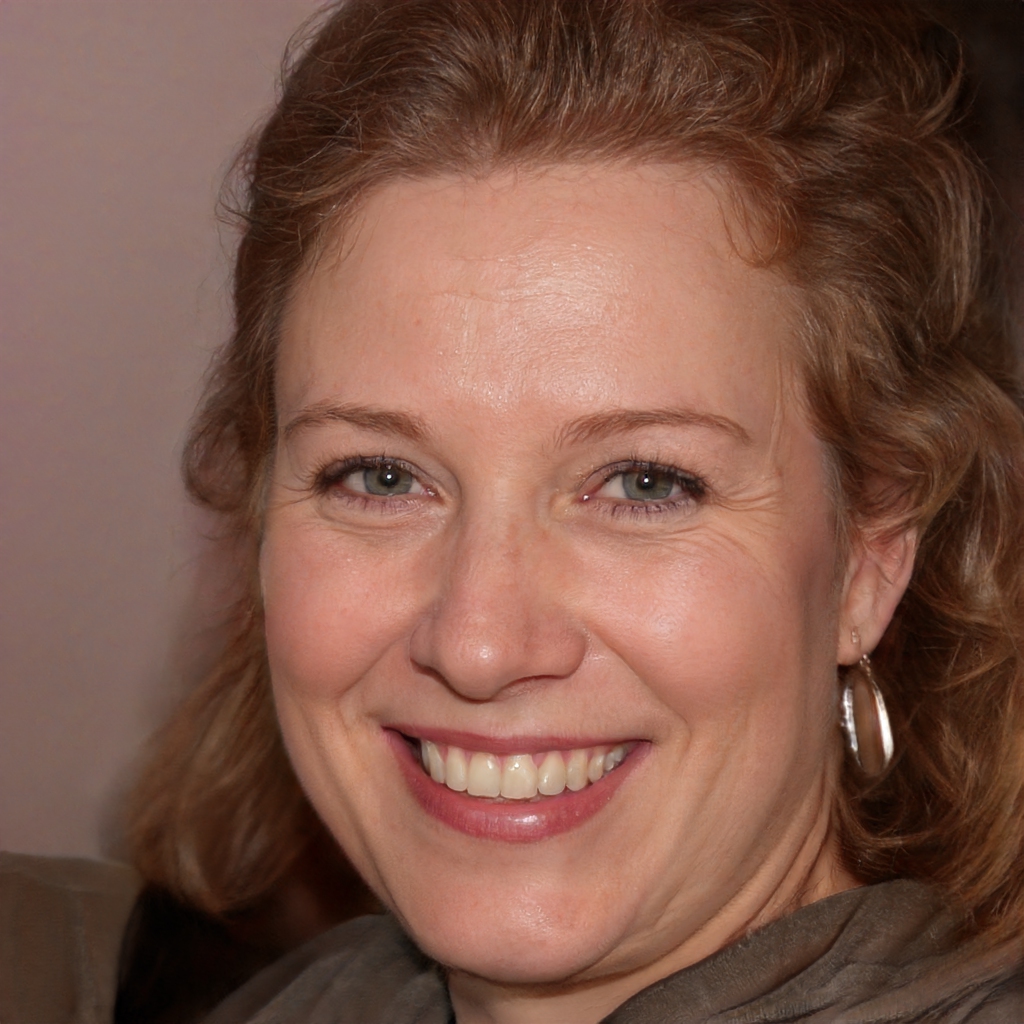A Markov model is a mathematical model used to predict the probability of future events, based on the assumption that the past and present events have no bearing on the future. Markov models are named after Andrey Markov, who first developed them.
What is Markov models in machine learning?
A Markov model is a machine learning model that makes predictions based on previous observations. The model is named after Andrey Markov, who first proposed the idea in the early 20th century.
Markov models are used in a variety of applications, including speech recognition, stock market prediction, and weather forecasting. What are Markov state models? A Markov state model is a probabilistic model for a system in which the future state of the system depends only on the current state, not on any of the previous states. The system is said to have memory only of the current state. This kind of model is appropriate for systems that are in a well-defined state at any given time, and for which the transition from one state to another is determined by a fixed set of probabilistic rules.
What is Markov cohort model?
The Markov cohort model is a type of stochastic process that is used to model the behavior of a population over time. The model is based on the assumption that each individual in the population can be in one of a finite number of states at any given time. The model is named after Andrey Markov, who first developed it in the early 1900s.
The Markov cohort model can be used to model a wide variety of phenomena, including the spread of diseases, the adoption of new technologies, and the evolution of populations. The model is also used in a variety of fields, such as economics, sociology, and epidemiology.
What is meant by Markov process?
A Markov process is a stochastic process that satisfies the Markov property. The Markov property states that the future evolution of the process can be determined completely by its present state, without any need to know its past history.
Markov processes are used extensively in statistical mechanics and other branches of physics, as well as in finance and other areas of applied mathematics.
What is the key characteristics of a Markov process? A Markov process is a stochastic process with the Markov property. The Markov property states that the future behavior of the process is entirely determined by its present state, without regard to its past history. In other words, the next state of the process is independent of all previous states. This makes the process memoryless.
